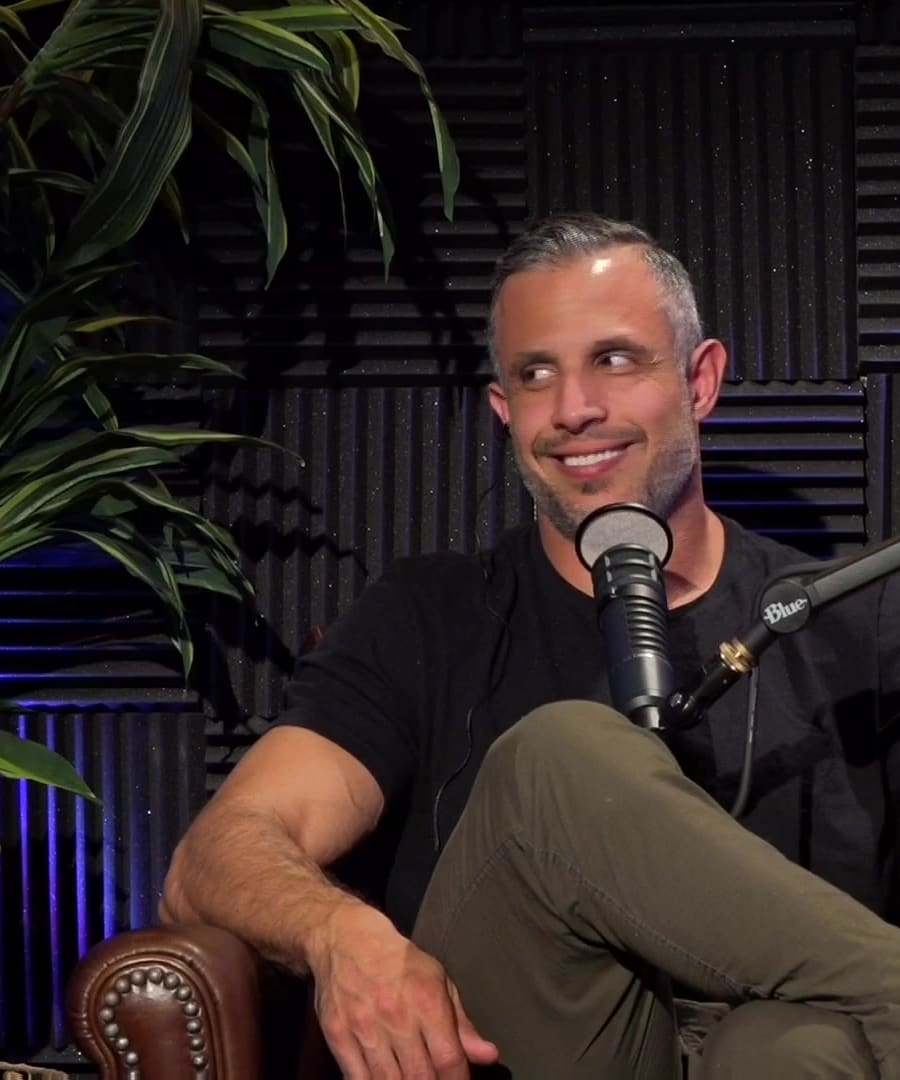What should I eat before a marathon?
Sources:
Before a marathon, it's essential to focus on your nutrition not just on the race day but during the preceding days as well. Here are some key tips based on advice from coaches and nutrition experts:
-
Pre-Race Meal Timing: Eat your normal pre-long run meal right after you wake up on race day. You might need to eat a bit more as there’s usually a significant delay before the race begins. Testing different foods during training runs will help you figure out what settles best in your stomach before running 1.
-
Carbohydrate Intake: During the race, aim to consume about 30 to 60 grams of carbs per hour depending on your body weight. An easy formula that Anne Mauney mentioned is to divide your body weight in pounds by four to estimate the grams of carbs you need per hour 1.
-
Meal Composition: Simple carbohydrates and a moderate amount of protein, while keeping fats and fibers minimal, can help in maintaining energy without causing stomach discomfort 2.
-
Hydration: Begin hydrating early in the morning and continue sipping a sports drink that includes both sodium and carbs until just before the race starts. This helps in maintaining electrolyte balance and energy levels 3.
The most crucial advice is to avoid trying any new food or beverage on race day. Stick to what has worked for you during training runs to minimize the chances of digestive issues or discomfort 1.
RELATED QUESTIONS-
I'm a tennis player and my wrist hurts
Sources:
If you are a tennis player experiencing wrist pain, it's important to address a few possible factors that could be contributing to your discomfort. According to and , wrist mobility and strength are crucial for tennis players, especially when engaging in heavy lifting exercises such as deadlifts. Lack of mobility and strength in the wrist can lead to stress on the elbow, which might manifest as wrist pain during tennis. They recommend integrating exercises that focus on wrist strength and mobility, such as reverse curls or Zotman curls, into your routine 1.
Additionally, continuing to train or play without addressing the underlying issue could lead to aggravation of the symptoms. emphasizes the importance of allowing injuries to heal and avoiding activities that trigger pain during the recovery period. Including light reverse curls in your workouts when recovering can help strengthen the wrist and alleviate pain 2.
Implementing specific changes to your training, ensuring proper warm-up, and integrating supportive exercises like wrist mobility and strength drills can significantly help manage and potentially resolve the wrist pain. However, if pain persists, it is advisable to consult a healthcare professional for a thorough evaluation and personalized treatment plan.
RELATED QUESTIONShow can I mentally prepare before a tennis match?
Sources:
To mentally prepare before a tennis match, several top athletes have shared their strategies focusing on comprehensive preparation and psychological resilience.
-
Comprehensive Preparation: emphasizes preparing not just physically but also mentally, emotionally, and spiritually. Understanding both one's own play and the opponent's strategy, including their strengths and weaknesses, is crucial. Djokovic also advocates for incorporating habits that strengthen the subconscious mind, such as repetition and positive affirmations, to optimize performance 1.
-
Analyzing Opponents: , a former Wimbledon semi-finalist, suggests an analytical approach by studying opponents to exploit their weaknesses effectively. This may include adjusting your play style to counter theirs and using psychological tactics like complimentary comments to disrupt their focus 2.
-
Embracing Adversity: shares that not feeling overconfident can be a strength. She prepares by thinking about tough situations from past matches against the same opponents, which helps in not getting complacent and staying alert to challenges 3.
-
Mental Toughness: highlights the importance of preparing through persistent mental training. She advises constantly conditioning the mind by focusing on personal strengths and maintaining a balanced self-assessment 4.
Incorporating these strategies—thorough preparation, opponent analysis, resilience in the face of adversity, and ongoing mental conditioning—can significantly enhance your mental readiness before entering a tennis match.
-



